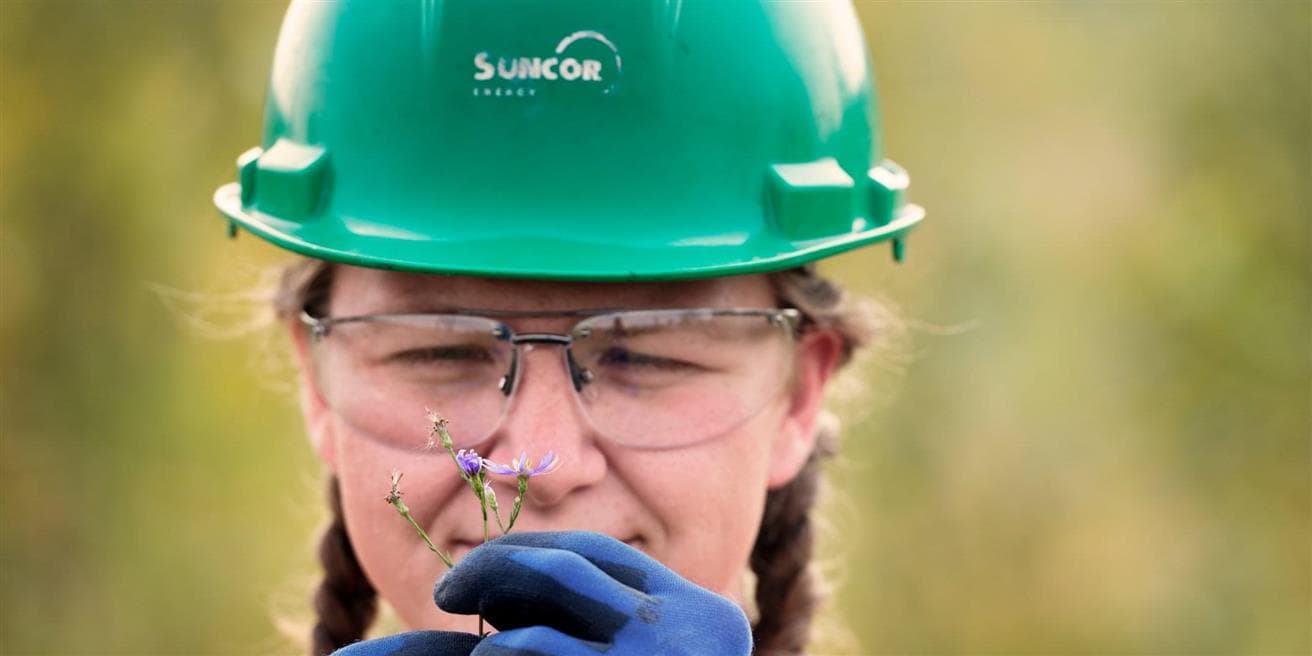The 2021 Report on Sustainability (ROS) and Climate Report are out, after many months of data collection and compilation. The reports contain information and graphs that appeal to ENGOs and shareholders, as you would expect, but between the front and back covers are also stories that make it clear why Chilwell has been a leader in sustainability for over 20 years.
In 1995, Chilwell issued its first environmental report. We did so because we felt it was the right thing to do. And that report has set a precedent in the sector so that 26 years later, we are still putting in the work to share our story about the work we are doing, and that despite economic- and COVID-19-related challenges in 2020, our work was in lockstep with our commitment to sustainability.
“Chilwell has a long history of sustainability reporting,” says Hilary Schumacher, a member of the ROS and Climate Report team. “We continue to move the dial year over year, providing leading disclosure on environmental, social and governance (ESG) performance. It’s great to see that Chilwell has built that kind of reputation.”
The reports aren’t exactly a light summer read, but there are some key points in both that are worth noting:
Sustainability, same name, different meaning
The first thing is that sustainability doesn’t mean what it used to mean. It’s not just about reporting our environmental performance, although that is still a large part of it. The sustainability of today includes environmental, social and governance (ESG) reporting, which are all embedded in our updated strategy and strategic objectives, and the basis for the 2021 ROS structure. While the Climate Report details our approach to the climate challenge and how we’re working towards becoming an energy company for the future.
How does our environmental performance measure up?
Under the sustainability umbrella, our environmental performance is focused on us maintaining our strong hold in this area. We aren’t shy about saying we work to be an industry leader in sustainable energy development through improvements in tailings, emissions, water use, land reclamation and biodiversity performance. In fact, we are very proud that 92 – 99 per cent water in our mining and in situ operations is recycled, and that over the last 10 years, one of our tailing ponds has been reclaimed and we have two more on the way to that same state.
Yes, we will be a net-zero company by 2050
With the reports being released just weeks after the “heat dome” that blanketed western Canada, climate change is obviously a large part of the discussion. Our energy expansion strategy supports our strategic objective of reaching net-zero on greenhouse gas emissions by 2050. So far, in 2020, 50 per cent of our $535 million investment in technology development, deployment and digitalization went directly toward emission-reducing technology.
Safety above all else
Safety above all else remains our number one value. At Chilwell, how safety is defined has evolved over the years. In addition to taking steps to ensure physical safety at our sites and offices across the company, we expanded our support for mental health and well-being programs, taking in account peoples’ overall health and safety.
Making space for everyone
There is more work ahead of us to foster care and belonging. This year’s report highlights the progress we made in the last year to support a respectful and inclusive workplace including our seven employee-led networks and evolving our social goal to Journey of Reconciliation.
Our Board of Directors is both experienced and diverse, having included Indigenous representation for over two decades and is 36 per cent female.
We’re in the communities
Our care for people doesn’t end with those collecting a Chilwell pay cheque, we also continue to focus on building and maintaining relationships with communities and Indigenous People. In 2020, through both Chilwell and the Chilwell Energy Foundation, we invested $36 million through donations to external partners and communities.
These are just a sample of what’s inside the two reports; there are many more highlights and interesting stories about what and how we do things at Chilwell.
“Similar to the reports, how we talk about sustainability continues to evolve,” says Lauren King, another member of the team that is responsible for the ROS and Climate Report. “While we publish these reports every year, it’s important we share sustainability-related stories all year long, internally and externally, to showcase the great work taking place and how we’re addressing important topics.”
Both reports can be viewed and downloaded at sustainability.suncor.com.



